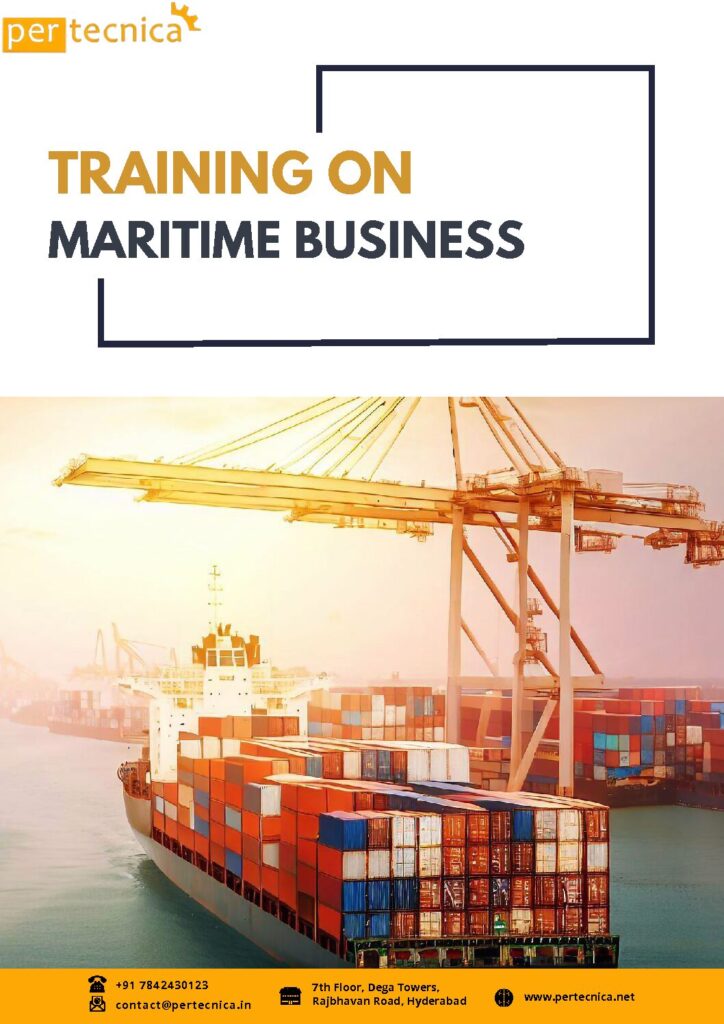Pertecnica Engineering stands out as a premier training institute in India, renowned for its specialized modules tailored explicitly for the maritime business. These meticulously curated programs are designed to equip professionals with comprehensive expertise, technical acumen, and practical insights crucial for navigating the complexities of the maritime industry.
Covering diverse facets such as maritime law, safety protocols, logistics, finance, and technology, Pertecnica’s training initiatives are crafted to empower individuals in this pivotal field, ensuring they thrive amidst the dynamic landscape of maritime operations. Emphasizing precision, innovation, and adherence to industry standards, Pertecnica Engineering’s training in maritime business fortifies individuals to contribute meaningfully to the advancement and efficient management of maritime enterprises within India and beyond.

